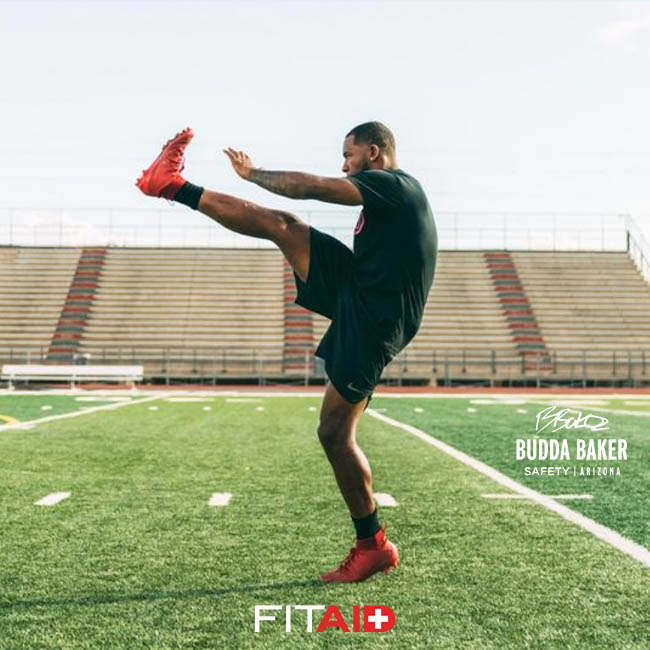Is it getting hot in here?
Stretching before exercise | The Science of Warming Up
What is the science behind warming up before you exercise?
Warming up before exercise is important as it prepares your body for physical activity and can help reduce the risk of injury. The science behind warming up is rooted in physiology and biomechanics.
When you warm up, your body experiences a series of physiological changes that help prepare it for exercise. These changes include increased blood flow to the muscles, increased heart rate, and increased body temperature. These changes help to increase the delivery of oxygen and nutrients to the muscles, which can help to improve muscle function and performance.
STAY STRETCHY
Warming up also helps to increase muscle elasticity, which can reduce the risk of injury. This is because warm muscles are more pliable and less likely to tear or strain during exercise. Warming up also helps to reduce muscle stiffness, which can improve flexibility and range of motion.
GOOD FOR YOUR BRAIN
Additionally, warming up can help to improve mental readiness and focus. This is because the act of warming up can help to increase the release of endorphins, which can improve mood and reduce feelings of anxiety and stress. Warming up before exercise is important as it prepares your body for physical activity and can help reduce the risk of injury. A proper warm-up should last 5 to 10 minutes and should include both dynamic and static stretching exercises.
Warming up before exercise is important as it prepares your body for physical activity and can help reduce the risk of injury. A proper warm-up should last 5 to 10 minutes and should include both dynamic and static stretching exercises.
Here is a comprehensive list of the best ways to warm up for exercise:
Dynamic Stretching:
High knees Butt kicks Skipping Leg swings Arm circlesAerobic Exercise:
Jumping jacks Jogging Jump rope BurpeesSport-Specific Movements:
If you are going to play basketball, shooting some hoops and dribbling can be a great warm-up. If you are going to play soccer, practicing passing and dribbling can be a good warm-up.Static Stretching:
Hamstring stretch Quad stretch Calf stretch Groin stretch It is important to warm up properly before exercise as it helps to increase blood flow to the muscles, increase heart rate, and increase body temperature. This can help to reduce muscle stiffness and improve overall performance during exercise. It is also important to listen to your body and modify your warm-up routine as needed. If you have any specific physical limitations or injuries, be sure to consult with a healthcare professional to determine the best warm-up routine for you. Here are some scientific references that support the benefits of warming up before exercise:- Lees, A., & Hopkins, W. G. (2010). The importance of warm-up for athletic performance. Sports Medicine, 40(12), 953-964.
- Gleim, G. W., & McHugh, M. P. (1997). Flexibility and its influence on sports injury and performance. Sports Medicine, 24(5), 289-299.
- Green, J. S., & Pargman, D. (2001). The influence of stretching on performance. Journal of Strength and Conditioning Research, 15(4), 402-409.
- Jakobsen, M. D., Olesen, J. L., & Saltin, B. (2009). Warm-up, physical performance and muscle metabolic responses. Journal of Applied Physiology, 106(3), 876-884.
